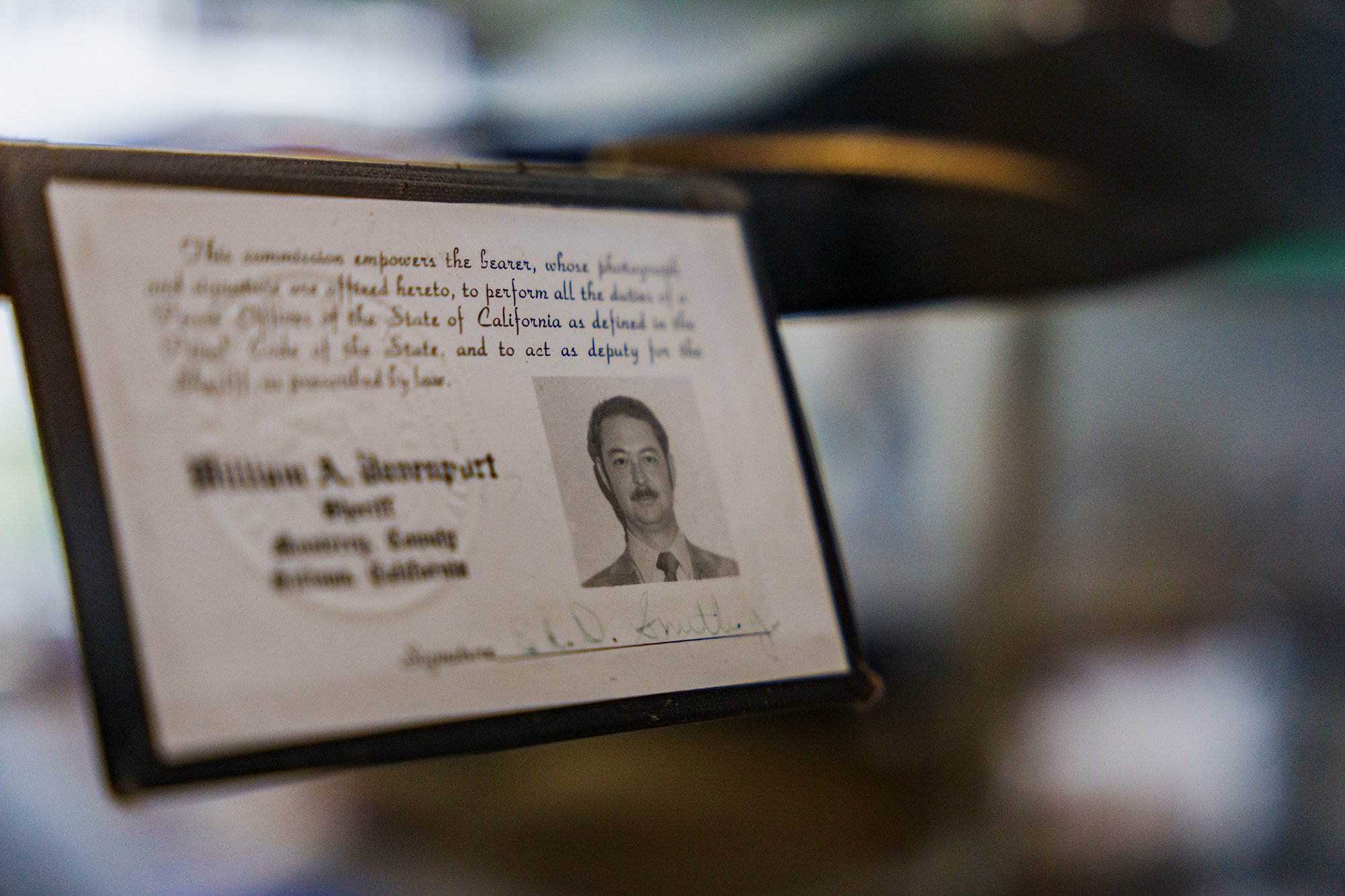
Coroner Unit
At the Monterey County Sheriff's Department, our commitment to keeping the peace and earning your trust is unwavering. With a dedicated team of highly skilled professionals, we strive to maintain safety, security, and order in our community.
-
The Coroner Unit’s responsibility is to investigate all deaths reportable to the coroner and determine the cause, manner, and circumstances surrounding reportable deaths. The (Sheriff) Coroner is a county-elected officer acting under the authority of provisions of the California Government Code and Health and Safety Code. There are specific laws that define the coroner’s powers and vest in that person, the right and duty to investigate certain classes of deaths.
The Coroner Unit is a component of the Monterey County Sheriff’s Office whose mission is to complete competent and timely medicolegal forensic investigations of all deaths occurring within Monterey County as specified in California Government Code §27491. It is our mission to provide timely and accurate answers to survivors concerning the deaths of their loved ones.
The Coroner’s Unit currently falls under the Investigation’s Division which is part of the Enforcement Operation Bureau of the Monterey County Sheriff-Coroner’s Office. The Commander of Investigations is also the Coroner Commander and reports directly to the Chief-Deputy of the Enforcement Operation’s Bureau. The Coroner Unit is located at 1414 Natividad Road, Salinas California and consists of one sergeant, four detectives, two forensic autopsy technicians, and one contracted Board-Certified Pathologist.
Not all deaths are reportable to the coroner. Reportable deaths fall into 24 categories. Government Code section §27491 and Health and Safety Code section §102850 direct the coroner to inquire into and determine the circumstances, manner, and cause of any death, which falls into one of these categories. Monterey County, like forty-two other counties in California, is a Sheriff-Coroner County that gives the investigator dual powers as a coroner and peace officer. The Sheriff’s Sergeant within the Coroner Unit also chairs the county’s Child Death Review Team.
In any death into which the coroner is to inquire, the coroner may take charge of all personal effects, valuables, and property of the deceased at the scene of the death or related to the inquiry and hold or safeguard them until lawful disposition thereof can be made. The Coroner’s Unit makes family death notifications for deaths occurring in Monterey County. When requested by other jurisdictions, coroner personnel will also make death notifications to family members residing in Monterey County for people who have died in other states or other California counties. The Coroner’s Unit may also assist the people of the state, as appropriate, in the implementation of the Uniform Anatomical Gift Act.
-
The Crime Laboratory, part of the Sheriff's Office, plays a crucial role in providing forensic services to law enforcement agencies and the public. With their expertise in latent fingerprint analysis, crime scene investigation, and technical support, they contribute significantly to solving criminal cases and ensuring justice is served.
One of the key responsibilities of the Crime Laboratory is collecting, preserving, analyzing, and documenting evidence. This meticulous process ensures that evidence is handled carefully and that its integrity is maintained. The unit is equipped with state-of-the-art technology and tools to aid in the analysis of evidence, including advanced fingerprint comparison systems and forensic imaging software.
One of the most valuable services provided by the Crime Laboratory is latent fingerprint analysis. By examining fingerprints left at crime scenes, the forensic experts can identify potential suspects and link them to the scene of the crime. This plays a crucial role in building a strong case against the perpetrators and providing solid evidence in court.
Crime scene investigation is another vital aspect of the Crime Laboratory's work. When called to a crime scene, the technicians meticulously examine the area, searching for any traces of evidence that could help in identifying the culprit. They carefully document the scene, collect samples, and ensure that the chain of custody is maintained to ensure the admissibility of the evidence in court.
The Crime Laboratory also provides technical support to other law enforcement agencies. This includes assisting with the analysis of evidence collected by other agencies, providing expert advice on forensic techniques, and conducting training sessions to enhance the skills of law enforcement personnel.
In addition to their technical expertise, the members of the Crime Laboratory are also called upon to testify in court as expert witnesses. Their testimony helps to explain complex forensic evidence to the judge and jury, assisting in the understanding of the evidence presented and its significance to the case.
The work of the Crime Laboratory does not end with the conclusion of a case. They also play a vital role in submitting work results to the California Identification System (Cal ID). This system allows for the retention of fingerprint files and the identification of latent fingerprints, aiding in the identification and tracking of individuals involved in criminal activities.
Overall, the Crime Laboratory is an essential part of the law enforcement process. Their dedication, expertise, and commitment to upholding justice make them invaluable in the fight against crime. With their assistance, law enforcement agencies can rely on accurate and reliable forensic evidence to bring criminals to justice.
-
